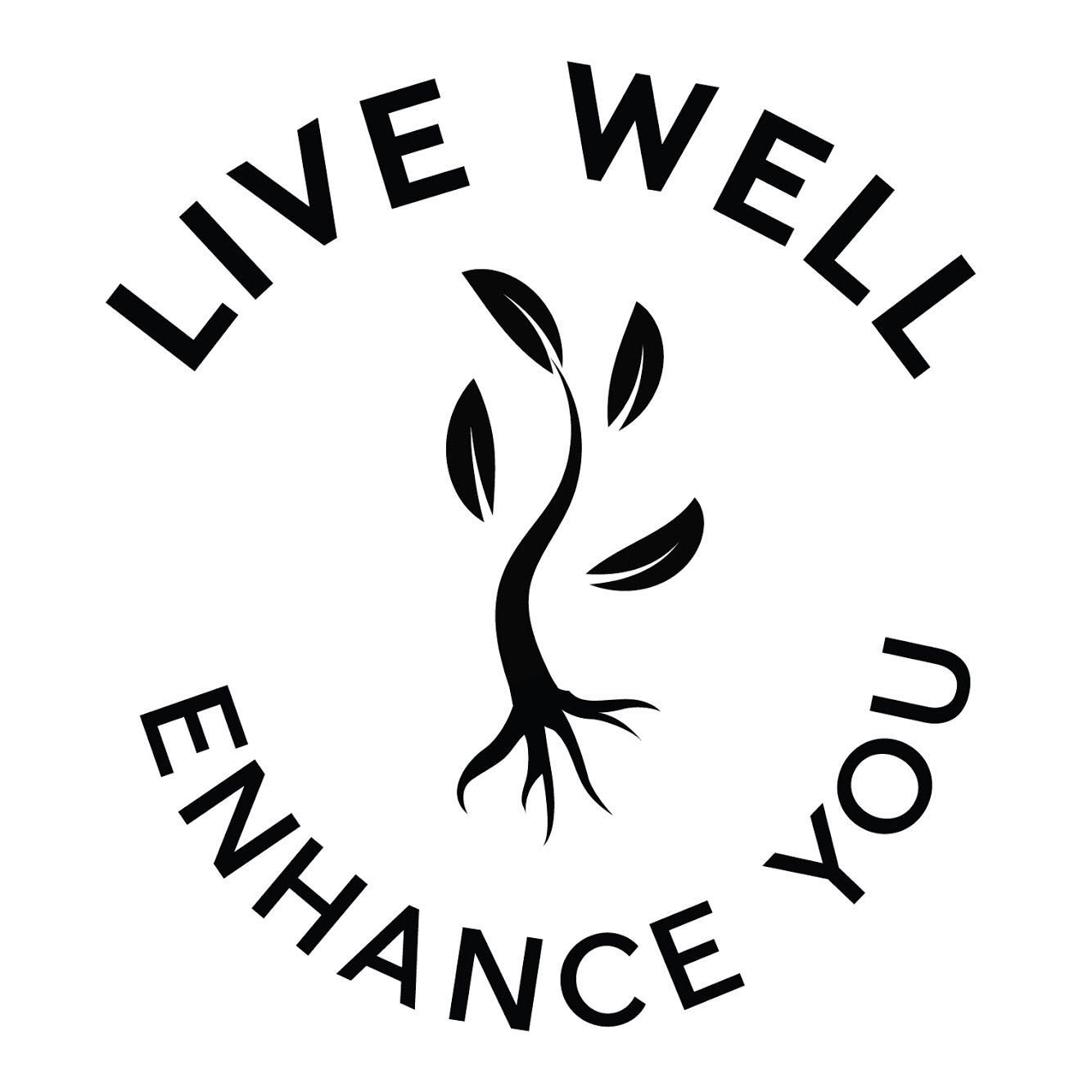The Go-Getters Guide to Making Routine Habits Stick
Want positive changes in your life? You have to take action! Consistent routine habits can really make a difference over time. Isn’t it strange how we often know what good habits we should be implementing, but we don’t actually do them consistently? There’s a big difference between knowing and doing. It doesn’t benefit you to implement a good habit for a short time and then stop doing it.
Habits are “actions that are triggered automatically in response to contextual cues that have been associated with their performance.” An example of this is putting on your seatbelt after getting into a car. Getting into the car is a contextual cue because it gives your brain a signal that you should perform an action, which is putting on your seatbelt.
When a contextual cue makes you want to do a certain thing, you don’t even have to think about it. That’s the secret to making habits stick: doing the habit regularly enough that your brain automatically feels the urge to do it without thinking. Forming a new habit may feel strange at first, but after a while, you’ll reach a point where it feels strange not to do it!
What healthy habits have you thought about implementing into your life but haven’t stuck with yet? Eating healthier and exercising more are the two healthy habits that people talk about the most, but you can also start journaling, daily affirmations, meditation, or something else. There are so many kinds of healthy habits you can start practicing. Anything that benefits your physical or emotional wellbeing can be considered a healthy habit.
To be more consistent about your habits, try these tips:
1. Choose a specific time
Think of a simple habit you can try such as meditating, a short workout, stretching, reading a book, or journaling. You need a contextual cue to remind you to perform that habit, and time is the easiest one. Think of a certain time of day (or night) that you can do that simple thing. The time serves as a contextual clue. When you see a certain time on the clock, you’ll automatically feel the need to perform that action.
2. Implement Pomodoro Technique to eliminate distractions
Because habit formation is about consistency, distractions can throw you off. You need to be able to take time to do something for yourself and get in a no-distraction zone. The Pomodoro Technique is a popular method of eliminating distractions. This technique involves doing a task for 25 minutes straight without interruption or distraction, then taking a break for about 5 minutes. You can implement Pomodoro’s into your day-to-day calendar. Shut off all notifications and focus on the task at hand.
3. Allow yourself to celebrate small wins
Be proud of yourself every time you practice a healthy habit! You can give yourself a little reward like having a small snack, watching a funny video, or lighting your favorite scented candle. You can reward yourself every day, or create a bigger reward for the end of the week if you stick to your healthy habit all seven days. Celebrating your small wins will give you more motivation to continue doing healthy things.
If you’ve tried these techniques and you’re still finding it tough to get habits to stick, it’s time to ask yourself some questions. What time of day does your productivity slow down? Have you made time for YOU today? What tasks seem to be taking longer? Have you chatted with a friend or loved one today? Did you have enough to eat? How many cups of coffee did you have? Are you hydrating enough? Etc.
CIA: Choose, Implement, Allow
Think of yourself as your own CIA officer, analyzing and investigating what threatens your health, productivity, happiness, and wellbeing. How can you get yourself to function at a higher capacity? Do you tend to help everyone else but yourself? What do you find yourself lacking currently?
Investigating yourself can help you uncover roadblocks that are tripping you up in your journey to implement new habits. It may be helpful to write down these problems so that you’ll be able to reflect on them and improve over time. Then, it will be easier for you to form healthy habits.
When you put healthy habits into your life and routinely stick with them, you’ll benefit in the long run. Then you’ll look back and feel so glad you chose to get started!
